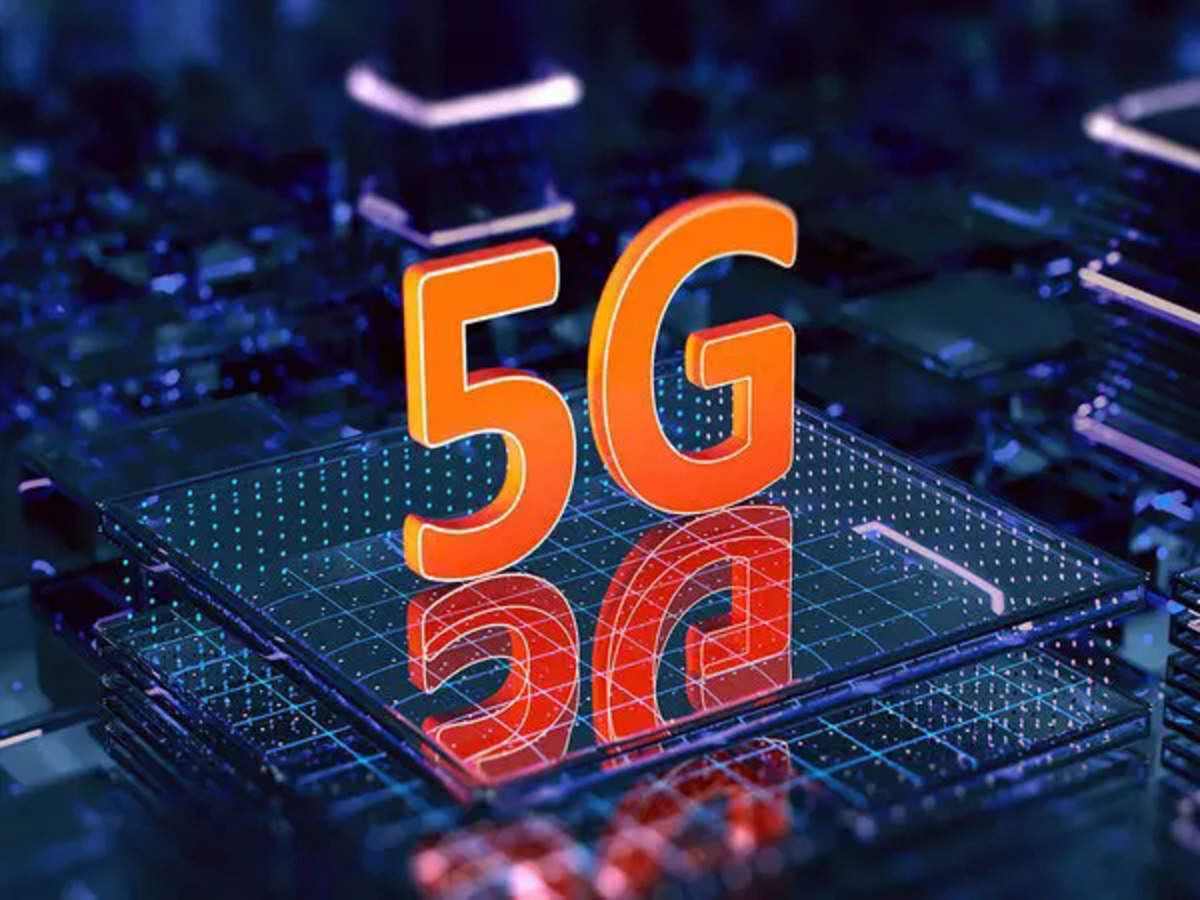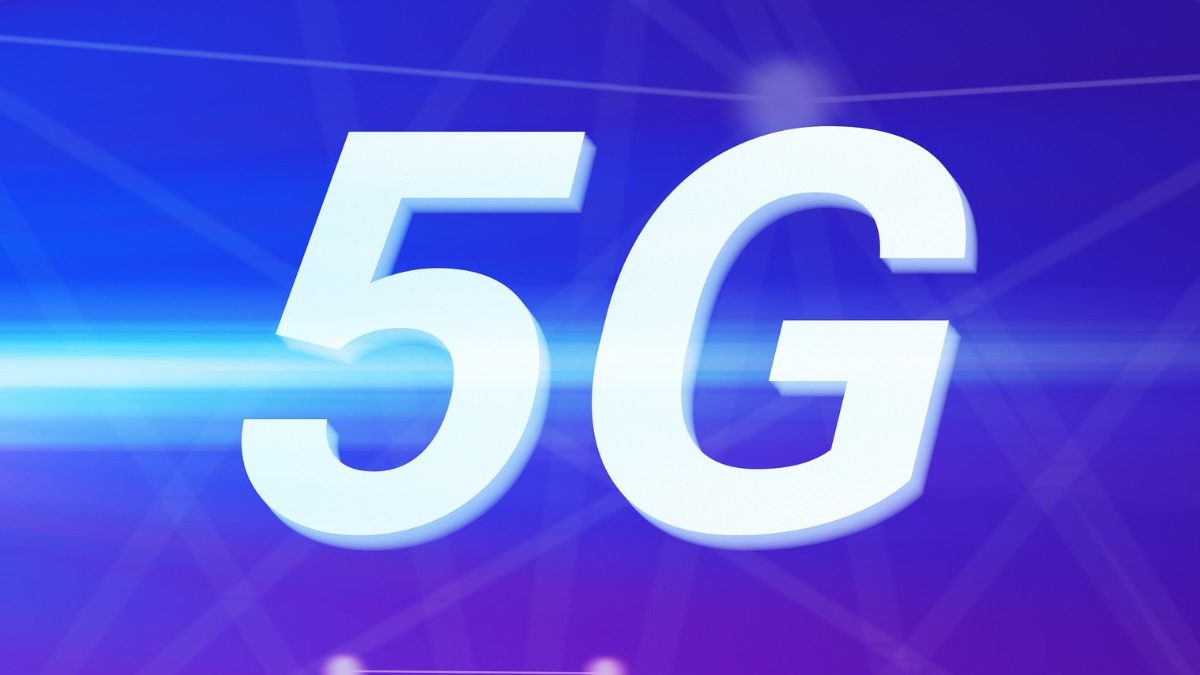Adani, Vi Approach DoT for 5G Rollout Deadline Extension 2023: What Lies Ahead

Adani, Vi Approach DoT for 5G Rollout Deadline Extension 2023: What Lies Ahead
Due to a lack of a device ecosystem in the spectrum, Bharti Airtel and Jio have yet to roll out 5G networks in the 26 GHz range, according to sources in the industry.
According to persons with knowledge of the situation, Adani Data Networks and Vodafone Idea have likely petitioned the Department of Telecommunications (DoT) to postpone the August 16 deadline for fulfilling the minimal need to begin 5G services.

While Adani Group is still figuring out how to construct a 5G network in the 26 GHz band for captive networks, Vodafone Idea’s delay in providing 5G services might be linked to a lack of finance, sources said.
As of the time of publication, neither Adani Group nor Vodafone Idea had responded to inquiries.
K. Rajaraman, the telecom secretary, verified the news when contacted but withheld the names of the businesses.
“We have had a few requests from businesses to extend the minimum 5G deployment requirement. At the moment, those are being examined, he added.
The Adani Group could have either supplied internet services in any one place or connected any of its airports or ports through data networks, according to experts, had it not purchased spectrum for Rs. 212 crore in six circles.

Vodafone Idea is the only telecom provider that hasn’t yet introduced 5G services. The telecom company has reportedly built 36 tower sites and is presently testing its 5G services in places like Delhi and Pune, according to reports. After placing an order with the equipment manufacturers, Vodafone Idea will begin its commercial rollout.
The business established a few 5G clusters in Delhi and Pune, where it collaborated with different OEMs to evaluate the compatibility of the current 5G devices. All significant OEM device testing on its 5G network has been completed, according to Vodafone Idea’s annual report for FY23.
Akshaya Moondra, the CEO of Vodafone Idea, recently stated: “MRO (minimum rollout obligation) is more of a compliance requirement, and we will work on that, but we are looking for a wider coverage.”
However, Vodafone Idea also stated that it will keep making investments to increase 4G capacity and coverage, particularly in its 17 priority circles, and will launch 5G services as soon as funding is secured.
Due to a lack of a device ecosystem in the spectrum, Bharti Airtel and Jio have yet to roll out 5G networks in the 26 GHz range, according to sources in the industry.
When asked about the company’s plans to install 5G in the 26 GHz frequency range, Airtel did not comment.
According to the government’s year-one 5G roll-out requirements, operators must commercially offer services everywhere in both metro and non-metro circles. This means that in a ring city like Delhi, the services can be offered only in a certain region and not throughout the entire city. The same must be carried out in at least one city in a non-metropolitan circle.

Jio and Airtel have installed 275,256 5G BTS (base transceiver stations) in more than 6,200 towns, according to DoT statistics as of July 2.
The Adani Group, a multinational conglomerate based in India, and Vodafone Idea Limited (Vi), an Indian telecom operator, have made headlines in 2023 for seeking an extension of the 5G rollout deadline from the Department of Telecommunications (DoT) in India. As two formidable entities in the Indian business landscape, Adani and Vi’s move carries far-reaching implications for the telecom industry and the users of the imminent 5G technology in India.
The key reasons behind this request involve the technical and logistical challenges that the companies are currently grappling with. Setting up a new network infrastructure of such magnitude requires not only significant investment but also an intricate understanding and implementation of the necessary technologies. Adani and Vi’s partnership for the 5G rollout aimed to leverage the former’s resources and infrastructure and the latter’s experience and technical expertise in telecom.
However, the COVID-19 pandemic has thrown unprecedented challenges at businesses worldwide, and Adani-Vi is no exception. Supply chain disruptions, travel restrictions, and lockdowns have delayed the arrival of equipment and technologies essential for the 5G rollout. Moreover, the companies have faced difficulties in site acquisition, infrastructure setup, and testing due to social distancing norms and the general fear of disease spread.
The 5G rollout in India is eagerly anticipated for several reasons. As the next generation of cellular network technology, 5G promises faster data speeds, lower latency, and improved connectivity. The implementation of 5G would have enormous implications for the digital ecosystem of the country, boosting not just communication but also other sectors like healthcare, education, entertainment, and the IoT industry.

Besides, India, as one of the world’s largest smartphone markets, sees the 5G rollout as a stepping stone to asserting its digital prowess on the global stage. An efficient and timely rollout would give the nation an upper hand in digital competitiveness and improve the digital quality of life for its citizens.
The delay in the rollout would undoubtedly have several implications. For starters, it may lead to a slower pace of digital transformation in the country. The extension might also deter foreign investors who are keen on investing in India’s digital and tech space, affecting the overall investment climate. Moreover, it might allow competitors to catch up and possibly even surpass Vi and Adani in the race for 5G dominance.
From the consumer perspective, the delay might lead to a longer wait for improved connectivity and faster data speeds. It may also temporarily slow down the surge of innovation expected with the introduction of 5G, affecting industries like online gaming, autonomous driving, telemedicine, and more.
As we await the DoT’s decision on the deadline extension, it’s clear that the stakes are high for Adani, Vi, and India at large. The delay in the 5G rollout poses a challenge to India’s ambitious digital plans. Yet, it’s critical to ensure a smooth and efficient rollout to fully leverage the benefits of this next-gen technology.

As the Adani-Vi partnership and the DoT navigate these turbulent times, it is hoped that the resolution will place India’s long-term digital goals and the public interest at its core. While a hasty rollout could lead to infrastructure and service issues down the line, an unnecessary delay could slow down the digital momentum that India has been building over the past few years. Striking the right balance is key.




